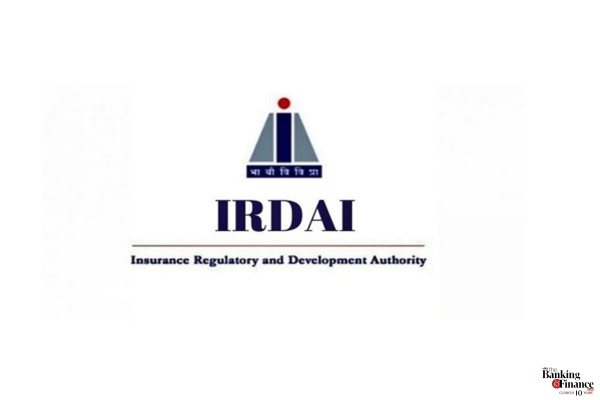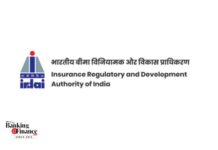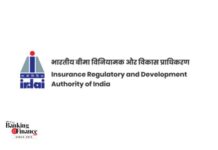The Insurance Regulatory and Development Authority of India (IRDAI) has introduced new mandates aimed at reducing delays and ensuring better coverage for policyholders. The latest circular from IRDAI stipulates that if insurers fail to settle claims during discharge within three hours of the request, the additional costs incurred due to the extended hospital stay will be covered by the insurer from their shareholders’ fund.
These changes are part of a broader initiative to improve the transparency and efficiency of health insurance services. Among the new measures, IRDAI has reduced cancellation charges for policies and is advocating for the inclusion of products that cover a wide range of treatments, including outpatient treatment, chronic conditions, and modern medical procedures enabled by technological advancements.
Also read: Go Digit Life Insurance launches Group Term Insurance after receiving IRDAI license
One of the key highlights of the new rules is the directive that insurers must decide on cashless authorization requests within one hour, effective from July 1, 2024. Additionally, final authorization for discharge must be granted within three hours to prevent policyholders from unnecessary hospital delays.
The circular also outlines that after 60 months of continuous coverage, insurers cannot reject claims without substantial evidence of fraud. Furthermore, claim rejections now require the consensus of a three-member product management committee, eliminating arbitrary decisions by a single individual.
Policyholders can now return a health policy within the first 30 days of a one-year or longer tenure if deemed unsatisfactory, and they are empowered to choose the order of claims when holding multiple policies. The IRDAI mandates that insurance coverage be accessible across all types of hospitals, including affordable ones, with no denial of coverage in emergencies.
Moreover, insurers are required to comply with the ‘Insurance Ombudsman’ awards within 30 days, failing which they face a penalty of ₹5000 per day payable to the complainant. This addresses past issues where ombudsman judgments were often ignored by insurers.
IRDAI has also specified a list of modern-day treatments that must be covered by health insurance policies. These treatments include uterine artery embolization, high-intensity focused ultrasound (HIFU), balloon sinuplasty, deep brain stimulation, oral chemotherapy, various advanced surgical techniques, and stem cell therapies, among others.
These reforms, most of which are effective immediately unless specified otherwise, reflect IRDAI’s commitment to enhancing policyholder rights and ensuring a more equitable and efficient health insurance system in India.
Elets The Banking and Finance Post Magazine has carved out a niche for itself in the crowded market with exclusive & unique content. Get in-depth insights on trend-setting innovations & transformation in the BFSI sector. Best offers for Print + Digital issues! Subscribe here➔ www.eletsonline.com/subscription/




















